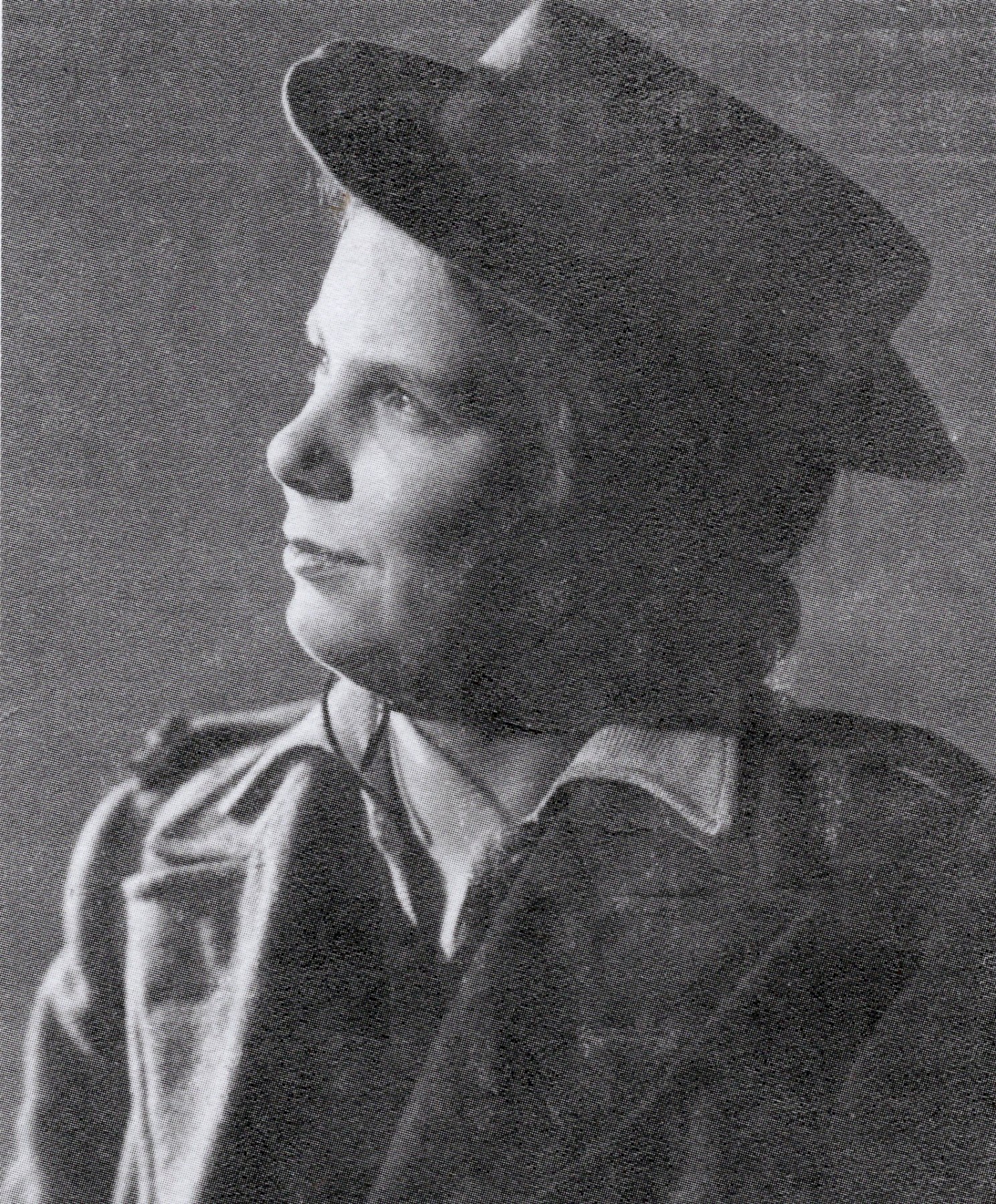
On 3rd August 2022, Beryl Mavis Redgewell (née Bishop) died at her home on Badsey Fields Lane, aged almost 96. She had lived in Badsey for over 60 years, but was a “Brummie”, born and bred. It had been the war which brought Beryl to the Vale of Evesham when she came to Wickhamford Manor to work as a member of the Women’s Land Army.
In The Badsey Society’s publication, Aldington and Badsey, Villages in the Vale: A Tapestry of Local History, the late Tony Jerram (the first Chairman of The Badsey Society), wrote one of the chapters, entitled, “The Villages at War”. He was working on this chapter shortly before he died, and had the opportunity to interview Beryl about her war-time experiences. His words are recorded below.
* * * * *
Hostel and Hard Work
In May 1943, 16-year-old Beryl Bishop was a cinema usherette living in King’s Heath, Birmingham. The twin youngest of a family of eight, her mother had died when she was only four. Now, as the war dragged on, many of her friends had joined the women’s Forces, but she was still too young to do the same. Instead, she went into central Birmingham and, claiming to be older than she really was, enlisted in the Women’s Land Army (WLA), putting down “Scottish Forestry” as her preference for employment. Shortly afterwards, and to the great surprise of her father (she had not told him what she had done), her uniform, including boots, socks, breeches, dungarees, aertex shirt, jersey, hat, badge and greatcoat was duly delivered to the family home.
Soon Beryl was amongst a group of girls put a train and told they were going to Worcester where, on arriving, they were met and loaded on to a lorry. It dropped ten of them off at Wickhamford Manor, the first detachment of WLA girls to move into the Manor, recently vacated for them by Mr Lees Milne. Beryl’s bedroom had five double bunks in it, there was a cook to prepare breakfast, packed lunches and tea for the girls, and a foreman overseer who gave them their orders and paid them their wages. Each girls was issued with a bicycle. For Beryl’s first job she was sent to a farm in Bretforton to sort mangolds, but other tasks soon followed. Days were long, with a 5.30 am call followed by breakfast and a cycle ride to work for a 7.30 start. When the journey was as far away as Chipping Campden, a lorry took them. Sometimes the girls had to return to work after tea. Within a short time they were all sunburnt and blistered: the hobnailed Land Army boots were merciless on their feet. In time more girls arrived at the Manor, increasing the number in residence to 25 or more.
Among the many jobs that came Beryl’s way were haymaking, potato picking, fruit picking, topping beans and even driving sheep. However, she soon became a regular worker at Mr P H Simms’ farm at Childswickham and was happy to have found in him a kind, generous and understanding employer.
Off duty, the girls found it easy to enjoy themselves. Trips to the YMCA in Evesham were popular, where they could relax over a cup of tea and a sandwich. Many evenings were passed happily at The Sandys Arms, which was also favoured by American and Canadian servicemen from nearby bases. Dances were regularly held in surrounding villages, and even, on occasions, at Wickhamford Manor itself. Those girls whose families were reasonably close like Beryl’s, often went home for a brief weekend, as work stopped at noon on Saturdays. Sometimes Beryl would take a friend home with her; they would walk from Wickhamford along Cow Meadow, then up Mill Lane in Badsey to the Badsey “Pike” where the Birmingham bus stopped. On returning on Sunday Beryl either used the bus again or caught a train to Evesham.
By February 1945, and after two winters working outside in all weathers, Beryl was advised that her health was deteriorating, and it was not sensible, or practical, to continue. Although by then she had made many friends, she had no choice but to leave the WLA, which she did at the end of the month.
However, the future was not totally unpromising, as she had already met Bernard Redgewell, the young Badsey man who she was to marry two years later.
* * * * *
